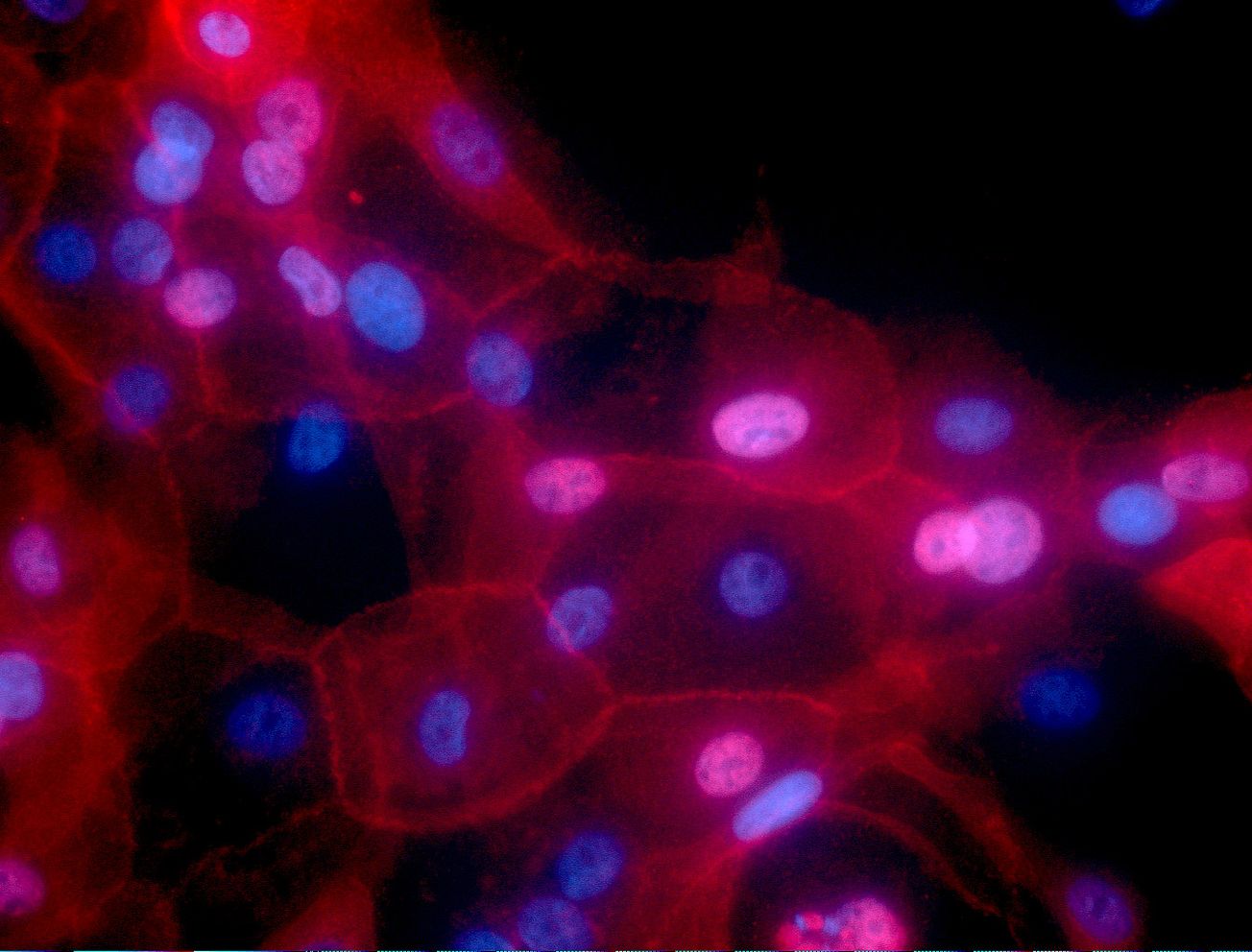By Carissa Wong, PhD Cancer Immunology
February 4th is World Cancer Day; this Bristol-based spin-out company focuses on development of next generation cancer therapies using the body's own immune system.
The immune system is an army of cells which has evolved to recognise abnormalities within the body and remove them. When the DNA inside normal cells is damaged, they can turn cancerous and display abnormal characteristics.
In theory, abnormal proteins on cancer cell surfaces can be recognized and targeted- just like viruses and bacteria- by the immune system. However, while immune cells have been designed to kill off blood cancer cells which travel as single cells throughout the blood, it is much harder for an immune response to effectively fight off solid cancers because immune cells cannot easily penetrate solid tumours.
| Yes we can-cer: shrinking tumours by boosting the immune system
CytoSeek, founded by the University of Bristol’s Professor Adam Perriman, is a start-up company based at Bristol’s Unit DX incubator which has pioneered an exciting new technology that alters immune cells so they can better invade solid tumours.
How does the technology work? CytoSeek’s product involves adapting the membrane on the surface of cells so that they can be targeted to specific parts of the body, including tumours. The technology involves modifying proteins and then gluing on molecules to those proteins so they be inserted into cell membranes.
Spin-out @CYTOSEEK secures £1.1m for ground-breaking ‘supercharged’ cell therapies to treat solid tumours & improve the lives of 18m people worldwide diagnosed with cancer each year.
— Bristol University 🎓 (@BristolUni) November 25, 2019
💰🥼🔬https://t.co/kkYQVQqlEc#biotech #tech #innovation #INNOVATEBristol pic.twitter.com/TzNxqPsWry
The proteins which have been glued-on to a cell enable the cell to target to specific organs or to be retained at the site of injection. For example, cancer-killing immune cells could be injected into a solid tumour and the stuck-on proteins could help the immune cells stay there and finish the job.
CytoSeek secured funding from 10 entrepreneurs who belong to the Bristol Private Equity Club last November, enabling them to further develop their promising treatments for cancer. ‘Now our research team can focus on bringing this important science to the clinic…CytoSeek’s deep tech will make a real impact in medicine’, said CytoSeek’s Chairman, Keith MacDonald.

In an interview by Unit DX, Dr Adam Perriman said: “The South-West is defining itself as a real hotbed for synthetic biology and biotechnology. You’ve got Harry Destecroix trailblazing with Ziylo, and now Zentraxa, Cytoseek and Imophoron are heading the next wave of companies coming out of Bristol. Investors and other parties are really starting to take notice of what’s going on in the South West; it’s a really exciting time.”
| An amazing autumn for Rosa Biotech
Most recently, CytoSeek appointed a new CEO, Dr Carolyn Porter, who has plenty of experience in biomedical industry. In her previous role at the University of Oxford, she led the formation of 16 companies, raising £52M in seed financing. “Cell therapy is expected to be one of the next cornerstones of cancer treatments," Dr Porter said, adding that she is "excited to be joining the CytoSeek team and...a thriving biotech community in Bristol.”
Featured image: Breast cancer cells, Flickr / NIH Image Gallery
Want to write about your research? Get in touch!







